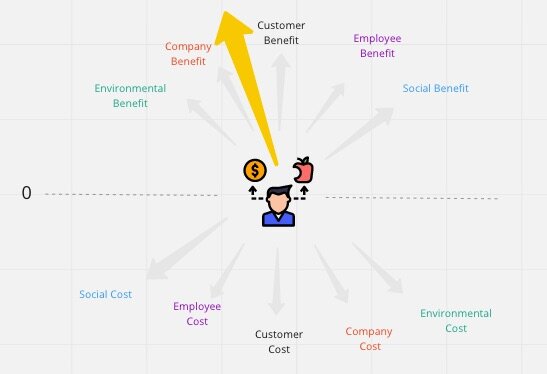Mindset over Mechanics
Recently I had the good fortune to attend the Global Scrum Gathering in Orlando, Florida (#SGFLA). The stated theme of the gathering was "Transforming the World of Work". A strong undercurrent amongst participants was that while Scrum has helped incrementally improve many teams and organizations, so much more could be achieved.
What's missing?
As a community we've been all too focused on the mechanics of Scrum. Despite subscribing to the Agile Manifesto's primary value of "Individuals and Interactions", we've somehow placed more focus on the other 3 values; maybe because they're easier. At the gathering, I participated in many conversations centred on the need for being agile (rather than doing agile) and being agile hinges on having an agile mindset. Helping individuals, teams, and organizations achieve an agile mindset should be our FIRST priority.
Without that shift in mindset realized, I've witnessed and willfully participated in the decay of many agile transitions based in mechanics. To be clear, mechanics ARE important, but in the spirit of the Agile manifesto we value agile mindset more. As Steve Denning stated in his recent review of HBR's 'Embracing Agile':
"Agile isn’t just a methodology to be implemented within the existing management framework. Agile is a dramatically different framework for management itself."
"If managers themselves see Agile as “methodologies for their employees” to be deployed like any other management methodology, the chance of strong sustainable Agile implementation with full benefits is remote. Getting the full value of Agile depends on managers themselves consistently embodying the Agile mindset in all their own words and actions."
A significant part of the role of any coach is to focus on mindset. By focusing first on mindset, the mechanics are much more likely to come naturally and continue to evolve. Agile is, after all, a journey not a destination. During the gathering, at Michael Sahota's workshop on Reinventing Organizations, he said: "The consciousness of the change approach limits the outcome." Effectively, without helping change the mindset and consciousness (=culture!) of the people and organizations we work with, our efforts to transform the world of work will never achieve their potential. The engineer in me is reminded of a quote often attributed to Albert Einstein "Problems cannot be solved with the same mind set that created them." Quantum mechanics may be much more complex than Scrum mechanics, but the need for a different mindset to see their true value remains the same.
What's the mindset of the people in your organization?











